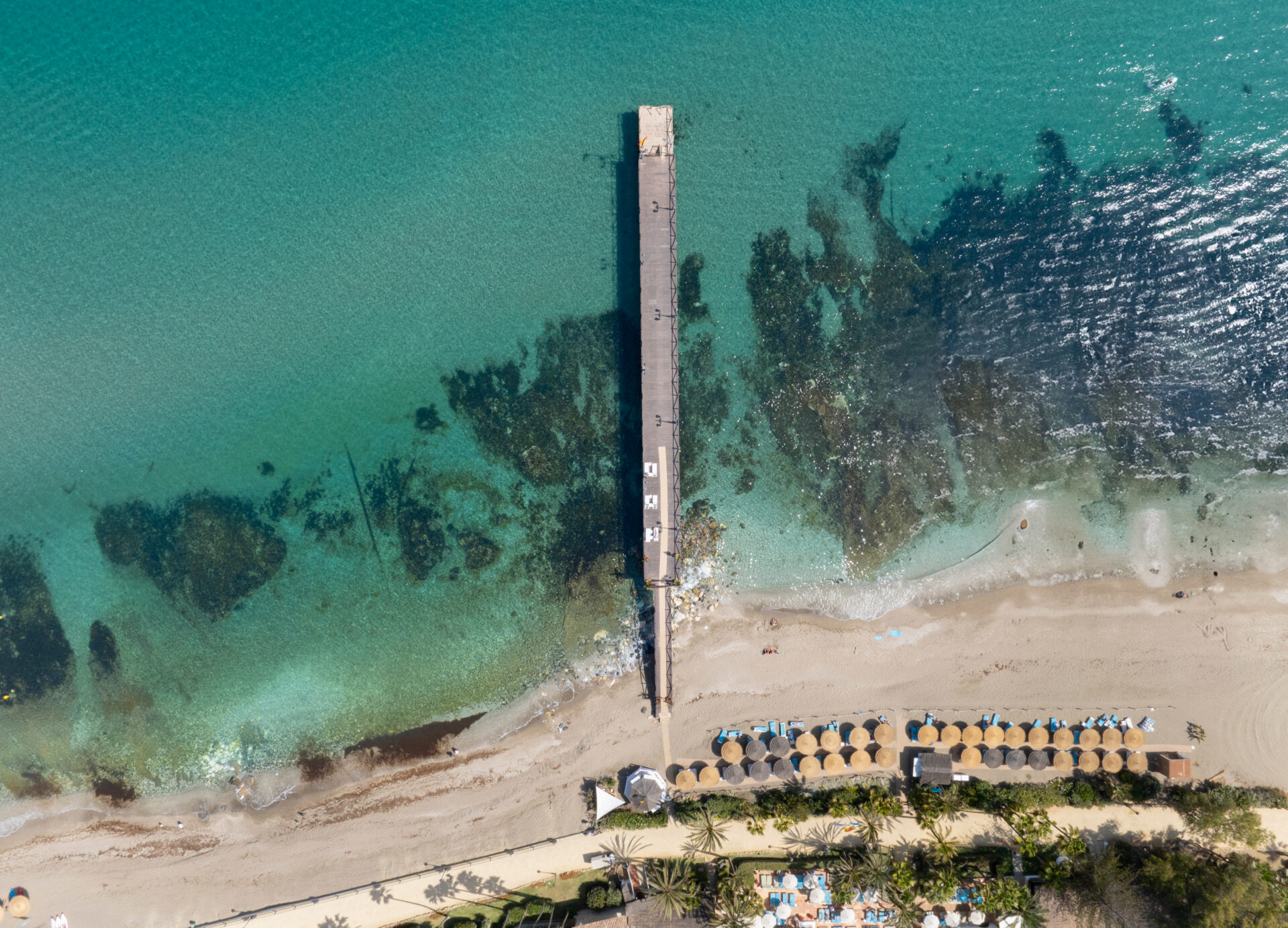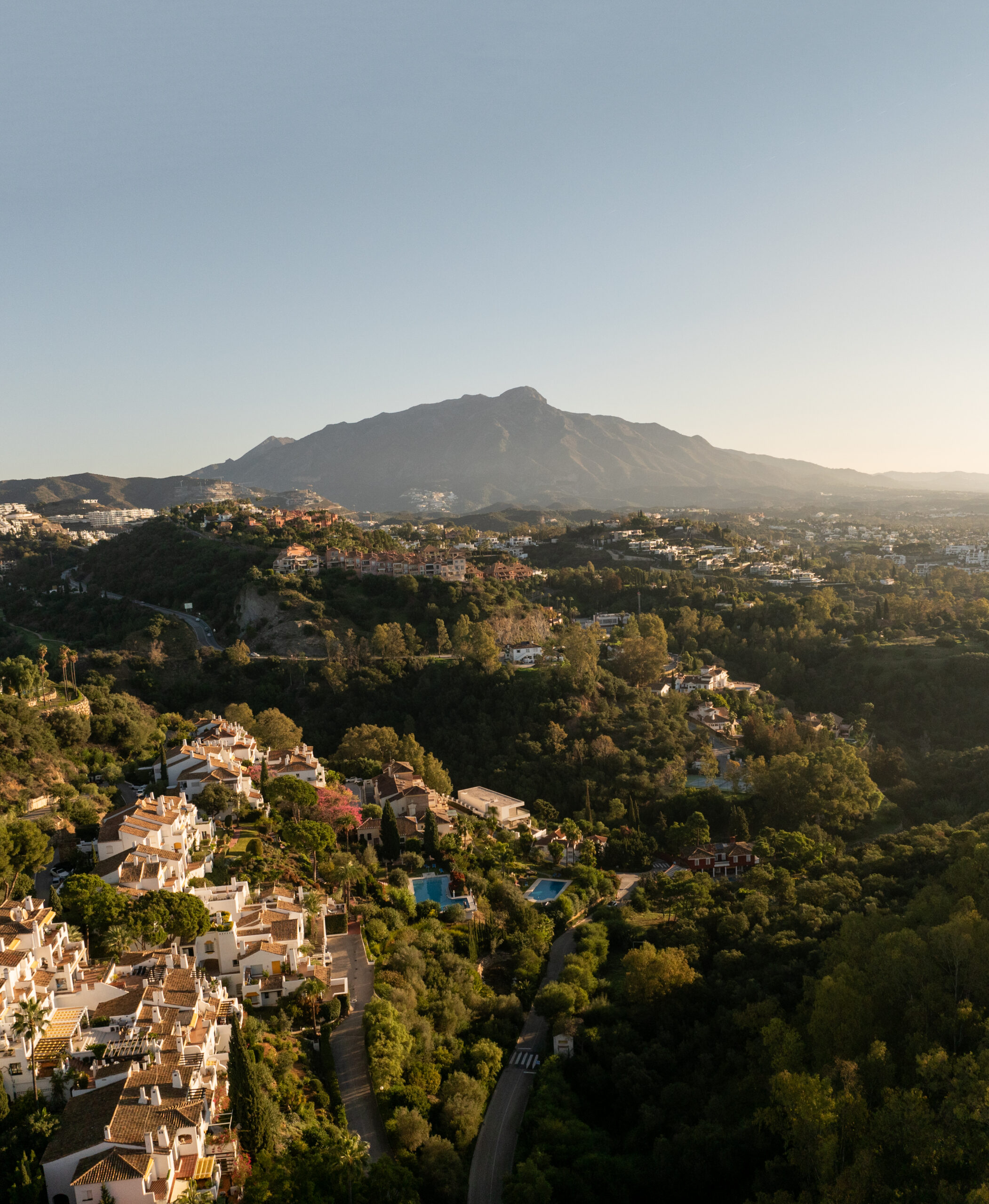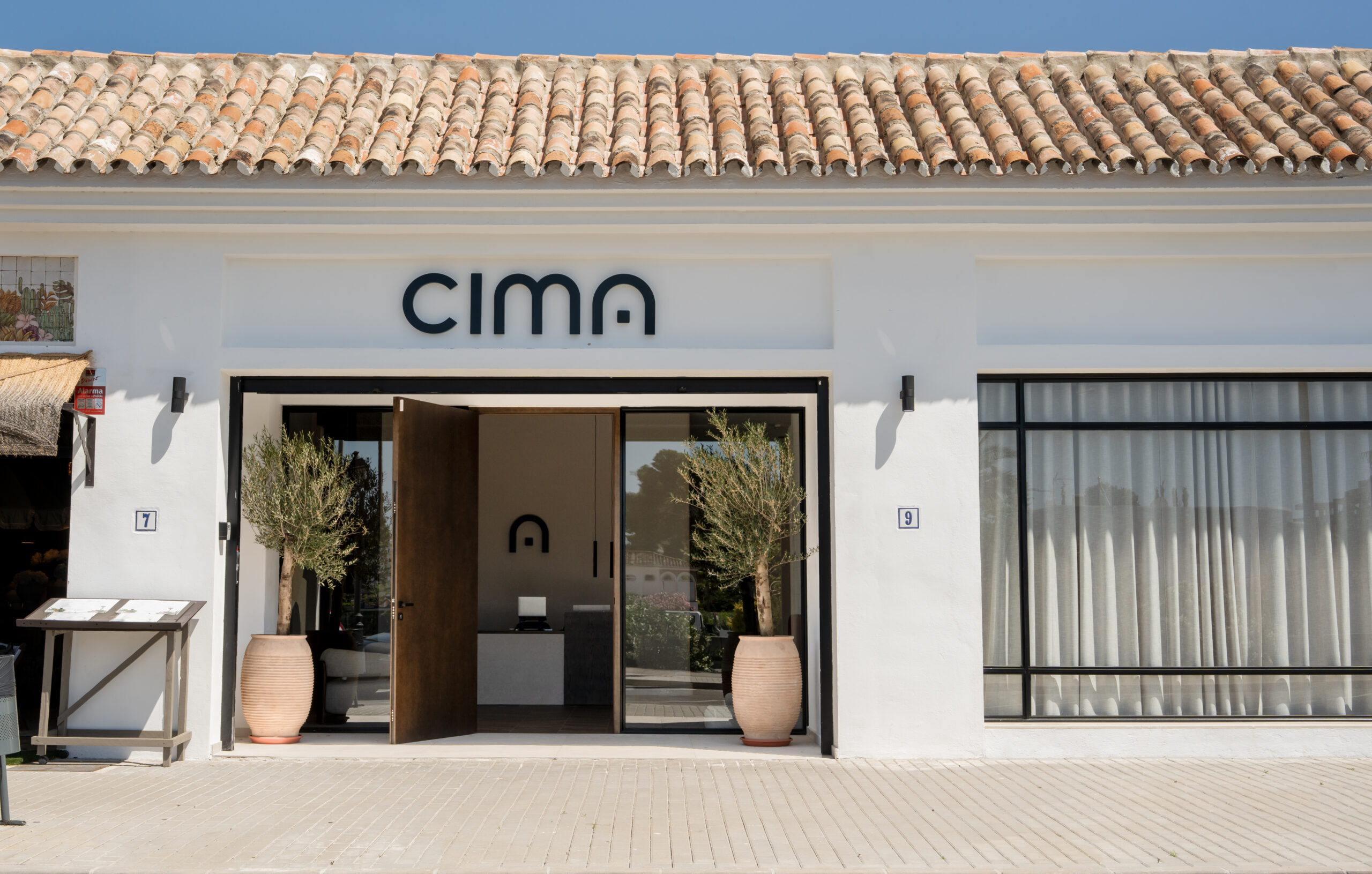If you’re dreaming of owning a property in Marbella, you’re not alone. This Mediterranean gem attracts buyers from all over the world, drawn by its luxurious lifestyle, year-round sunshine, and world-class amenities. For many, the next step is securing financing—especially if you’re an international buyer. Understanding Spanish mortgages can seem like a challenge, but with the right knowledge, it’s a straightforward process. Here’s a breakdown of what foreign buyers need to know when it comes to mortgages in Marbella.
1. Can Foreign Buyers Get Mortgages in Spain?
Yes, foreign buyers can certainly secure a mortgage in Spain! Spanish banks are more than willing to lend to non-residents, especially those looking to purchase property in prime locations like Marbella. Whether you’re from Europe or beyond, Spanish lenders are familiar with international buyers and offer a variety of financing options tailored to non-resident needs. However, the terms might differ compared to local residents, so it’s important to understand what’s on offer.
2. How Much Can You Borrow?
As a foreign buyer in Spain, the general rule is that banks will lend you up to 70% of the property value if you’re purchasing a second home. For residential properties, this can go up to 80% for residents of the EU. The key point here is that the more equity you have (the larger your deposit), the better the terms you can negotiate. If you’re purchasing in Marbella, where property prices can vary greatly depending on location, property type, and luxury status, the larger your down payment, the more competitive the rates you’ll receive.

3. What Documentation Will You Need?
Getting a mortgage in Spain requires a few key documents that lenders use to assess your ability to repay the loan. Expect to provide:
- Proof of identity (passport or EU ID)
- Proof of income (pay slips, bank statements, tax returns, or proof of business income)
- Bank references from your home country
- Credit history report
- Proof of deposit (for the down payment)
For non-EU buyers, banks may request additional documentation, such as proof of residence in your home country, to verify your financial stability. It’s always advisable to have an expert or legal advisor assist with gathering and presenting this paperwork to ensure everything runs smoothly.
4. Interest Rates and Terms
Interest rates for Spanish mortgages typically vary between 1.5% to 3.5%, depending on the lender, the length of the loan, and your financial profile. Fixed rates are available but less common, with most mortgages offering variable rates that are linked to the Euribor (the European reference rate). The loan term is usually between 15 and 30 years, with the option to make extra repayments without penalties—something that can help pay off your mortgage sooner.
5. Additional Costs to Consider
While securing a mortgage can be an essential part of buying property in Marbella, it’s also important to factor in the other costs that come with purchasing a home in Spain. These include:
- Notary and registry fees: For formalizing the sale and registering your new property
- Property taxes: This includes both stamp duty (Impuesto de Transmisiones Patrimoniales) and value-added tax (VAT) on new properties
- Closing costs: Expect about 10% to 13% of the property price, which includes all taxes and legal fees.
Foreign buyers should be aware of these costs when planning their budget. They’re not negotiable, and they can add up quickly, so it’s essential to factor them into your total investment.
6. Is It Worth Getting a Spanish Mortgage?
Securing a Spanish mortgage is an attractive option for many buyers, especially those who want to benefit from favorable interest rates and longer loan terms compared to what might be available in their home countries. Furthermore, financing your property purchase through a mortgage allows you to maintain liquidity while investing in real estate in one of Europe’s most sought-after locations. Marbella, with its stunning coastline and world-class amenities, is a prime location for investment, whether you plan to use your property as a second home or a rental asset.
7. Work with a Local Expert
Navigating the Spanish mortgage process can seem complex, but you don’t have to do it alone. Whether you’re looking for advice on mortgage rates, property investment, or simply understanding the local market, having a local expert—a real estate agent and a legal advisor—on your side is invaluable. With their guidance, you’ll avoid potential pitfalls, ensuring a smooth transaction and a successful purchase in Marbella.
Conclusion
Buying a property in Marbella is an exciting opportunity, and securing a Spanish mortgage can be a smart financial move. By understanding the process, the required documentation, and the potential costs, you can confidently navigate your property purchase in Spain. As a non-resident buyer, financing options are available and accessible, and with the right guidance, you can make Marbella your next home.
Ready to start your property journey in Marbella? Cima is here to guide you every step of the way. Contact us today to discuss your mortgage options and find the perfect property in this luxury haven on the Costa del Sol.




